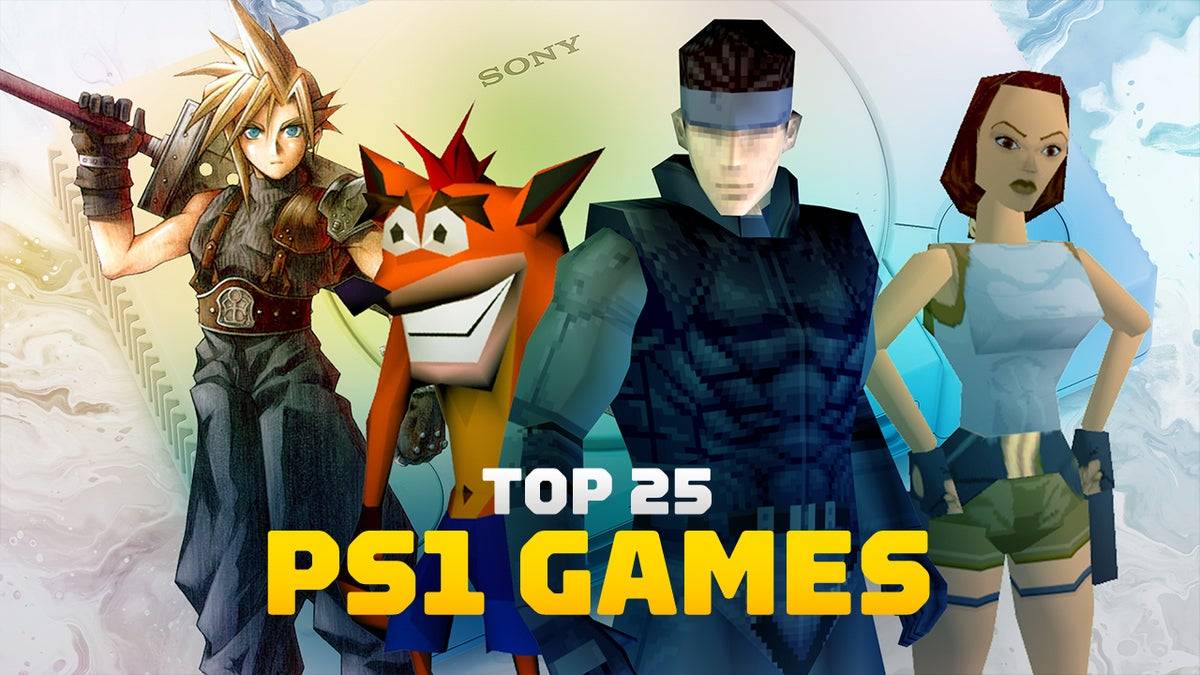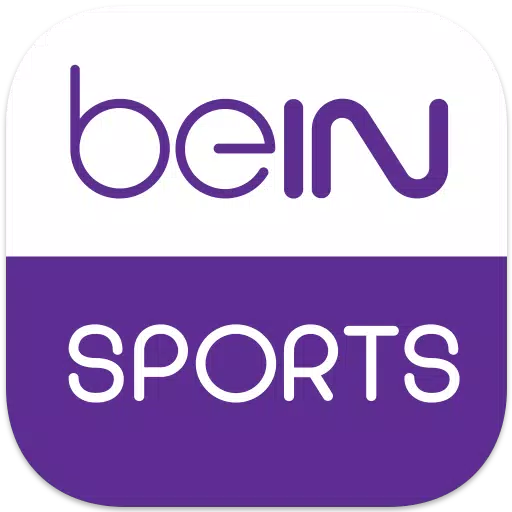ASUS Xbox Handheld Images Leak Online
It appears that photos of ASUS' Xbox-branded handheld device, codenamed Project Kennan, have surfaced online. As initially reported by 91mobiles and noted by Eurogamer, two images showcasing the ASUS ROG Ally 2 in both white and black variants have been leaked through the Indonesian certification office, which linked to a now-deleted listing on the U.S. FCC website.
Both versions of the device feature buttons configured in the Xbox layout (Y, B, A, and X), distinguishing them from the PlayStation and Nintendo button setups. The black variant's photo is particularly noteworthy, as it prominently displays an Xbox button next to the thumbstick, albeit without the traditional 'X' symbol. While the tech specs remain somewhat fragmented, it's unclear if there are significant differences between the black and white models.
According to Windows Central's Jez Corden, these devices are currently undergoing testing at Microsoft's headquarters, with a potential reveal expected around May 20. Corden shared a tweet about the leak, further stirring anticipation.
Last month, ASUS Republic of Gamers' X/Twitter account teased a glimpse of both a Republic of Gamers (ROG) Xbox controller and a handheld system. The official Xbox account responded with a playful wide-eyed gif, hinting at an upcoming formal announcement.
This development aligns with an earlier report from IGN about Microsoft's gaming hardware ambitions, which include a next-gen Xbox slated for 2027 and an Xbox-branded gaming handheld possibly launching later in 2025.
While the ASUS ROG Ally 2 is not a Microsoft-made console, Microsoft is reportedly planning to release its own first-party Xbox handheld in the future. Microsoft gaming boss Phil Spencer has indicated that a first-party Xbox handheld is still years away.
Additionally, the successor to the Xbox Series X is reportedly in full production and expected to launch in two years. This aligns with Xbox president Sarah Bond's recent statement that Microsoft is "moving full speed ahead on our next generation hardware," aiming for the most significant technological leap in a generation.




























